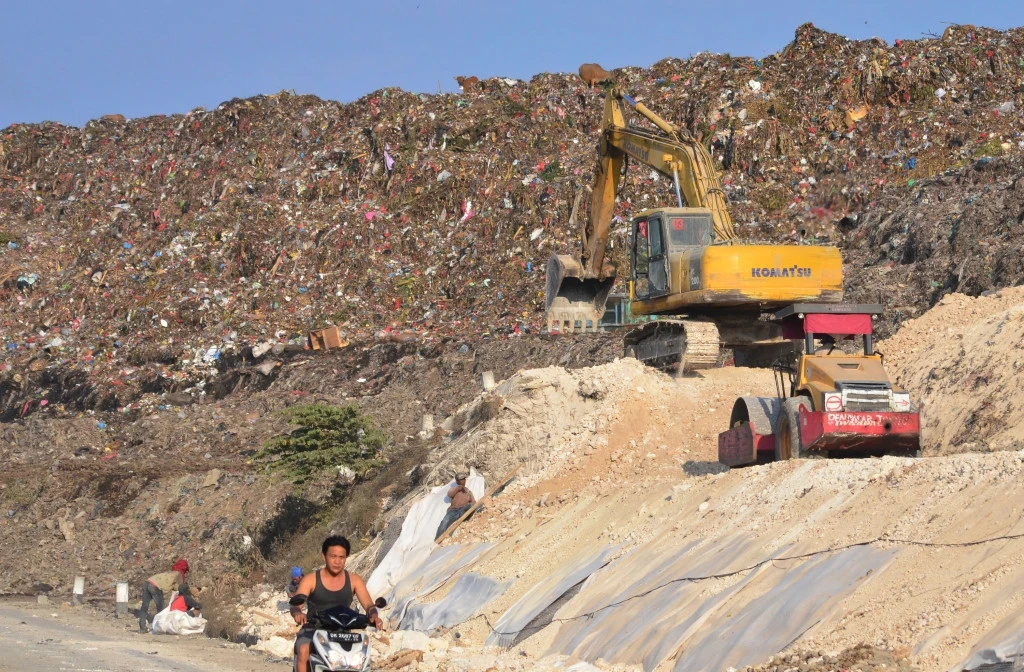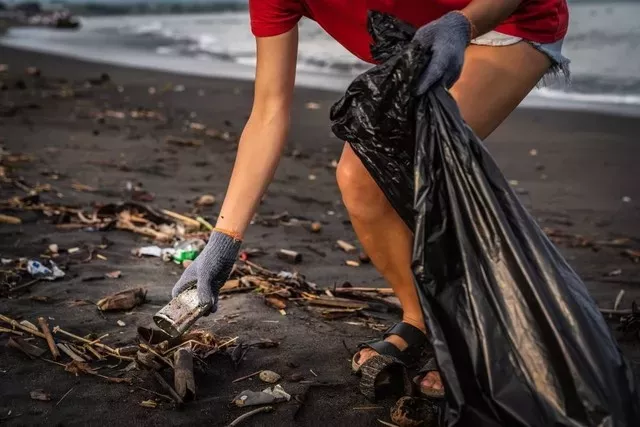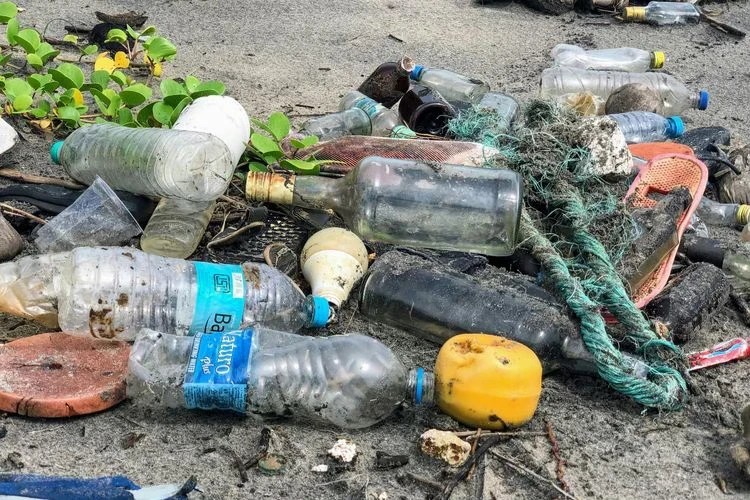The Indonesian Ministry of Environment has issued new regulations that will prohibit landfills in Bali from accepting waste from hotels, restaurants, and cafes.

There are waste processing plants on the island, and many resorts, hotels, and tourism businesses are already following waste reduction policies. However, each day, numerous foul-smelling trucks haul waste from the tourism sector to Bali’s landfills.
Waste processing plants are struggling to keep up, and landfills are often overflowing and frequently catch fire. Clearly, change has been long overdue.
Suwung, Bali’s largest open landfill, located in Sanur, is operating at full capacity and continues to receive more waste every day. The height of the waste mound now reaches 35 meters above ground and extends many meters deep.
There is hope that the new policy will make waste-generating businesses fully responsible for processing their own waste, whether that means reducing the use of non-organic materials, increasing recycling volumes, separating organic and inorganic waste, or creating local disposal systems.
The official and final closure of the troubled Sanur landfill is expected to be resolved in the coming months, according to authorities. The Temesi landfill near Ubud is expected to take on the overflow of waste and become Bali’s next major open landfill. Currently, Temesi spans 7 hectares and is now slated for expansion.
Meanwhile, Suwung’s managers are discussing measures to prevent fires and potential garbage landslides, which could endanger local waste pickers who search the landfill for items they can repair, recycle, and sell.
The management is working on compacting the waste pile segment by segment, aiming to complete the task before the rainy season. Twelve heavy machinery units are being used to compress the massive waste heap and to create a moat around the site to contain floodwaters.
Currently, Suwung receives 1,100 - 1,200 tons of waste daily from Canggu, Seminyak, Legian, Kuta, Uluwatu, Nusa Dua, and Denpasar. The landfill has been in operation since 1984 and was supposed to close before the G20 summit, but something went wrong with that plan, and it remains open today.
There are concerns that the new waste policy may be too challenging for small and medium-sized businesses that lack the means to manage waste through alternative methods. Larger hotels, restaurants, cafes, and accommodations are more likely to have the resources to respond quickly and effectively to the upcoming policy changes.
If measures aren’t taken to support businesses that lack waste management options, a large amount of waste may end up on illegal dumps, in rivers, or on empty land. Hopefully, this aspect will be taken into account by the authorities.



You can add one right now!